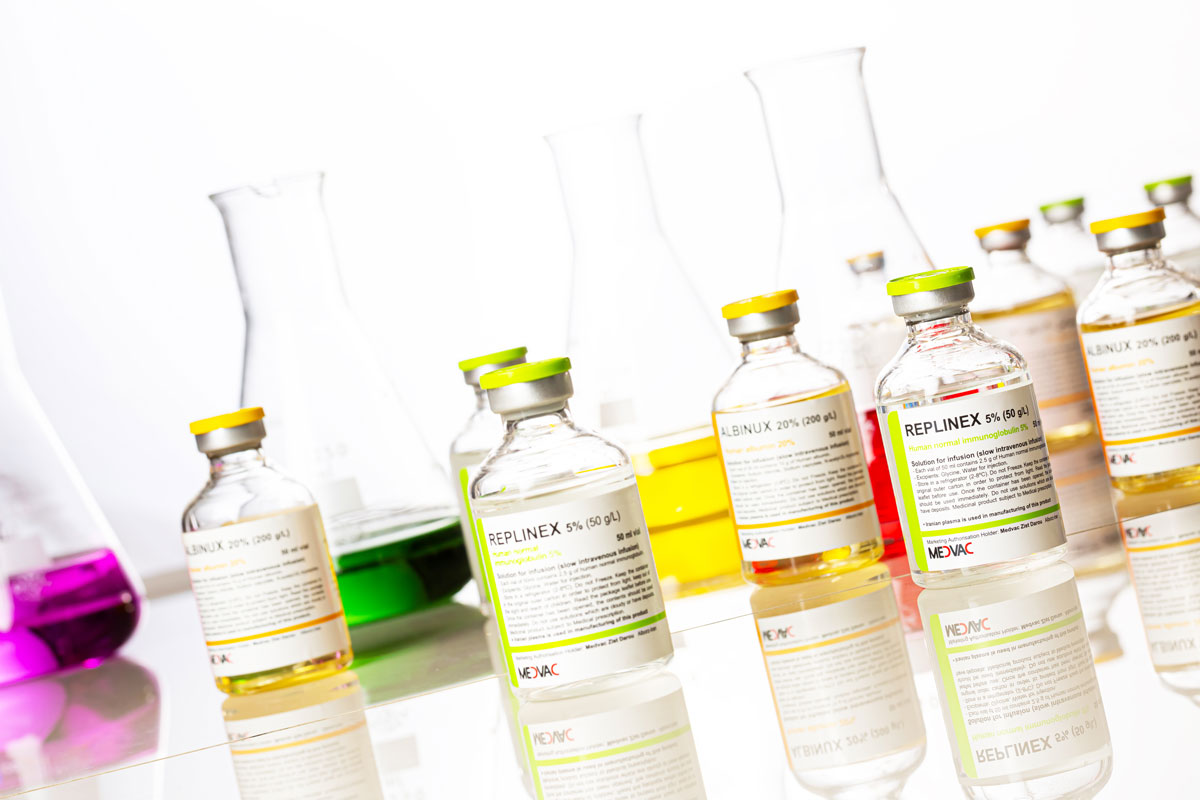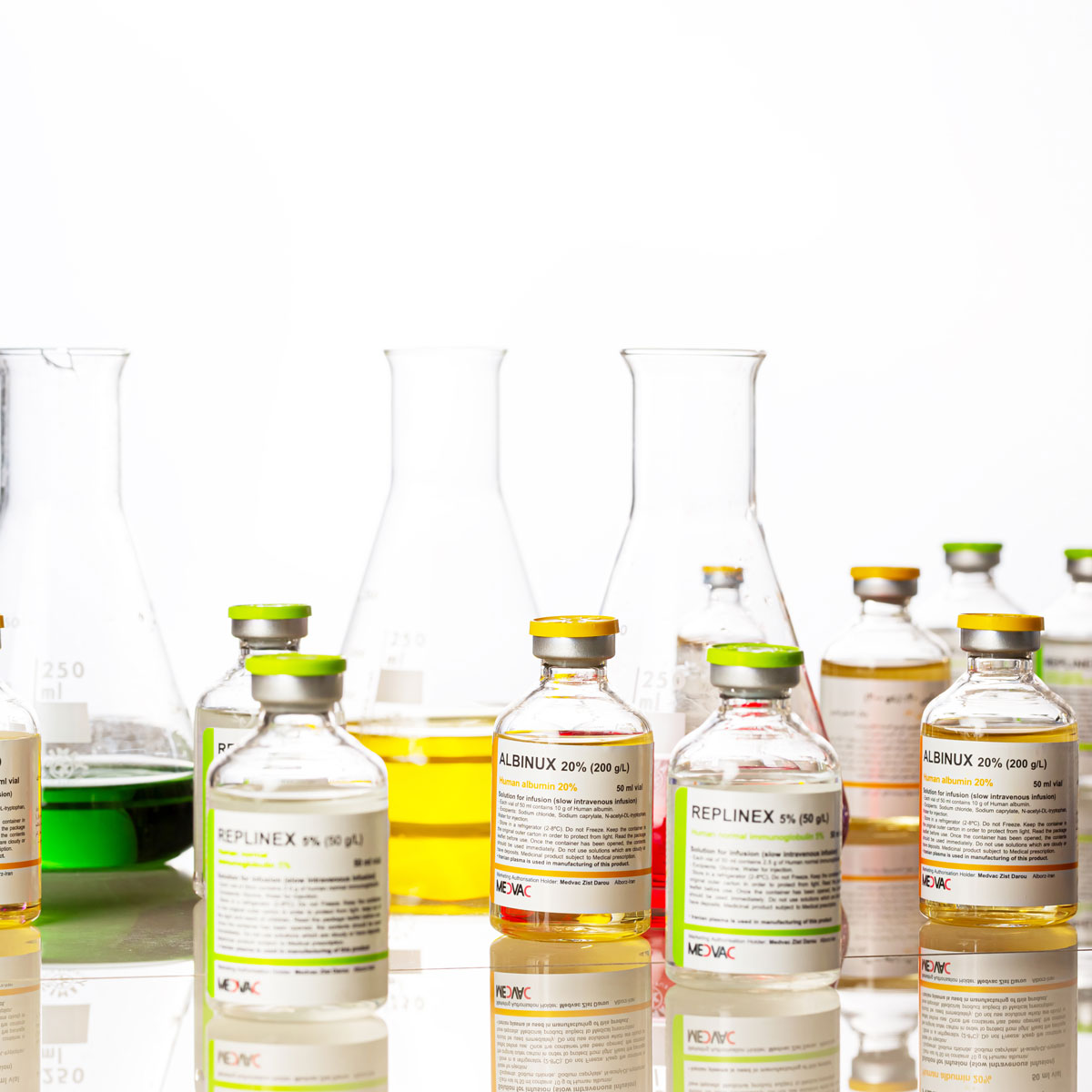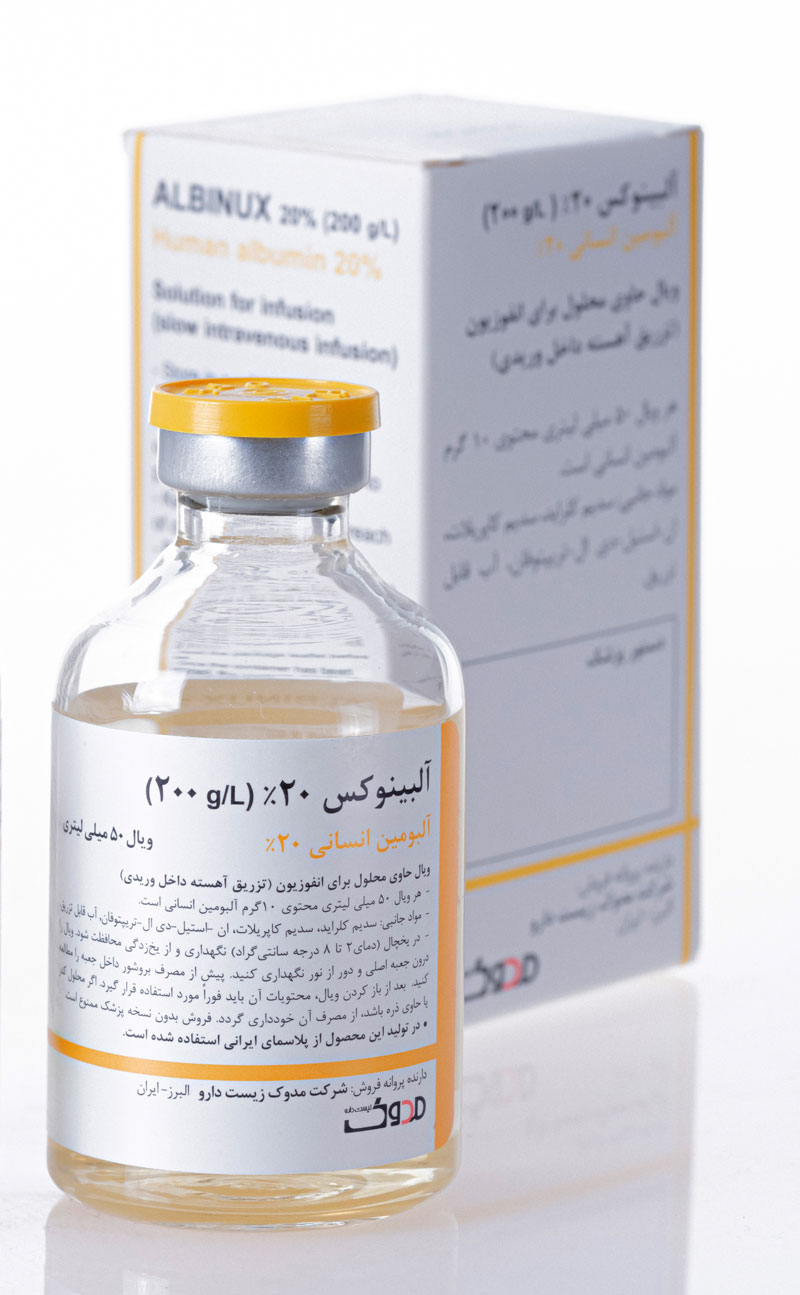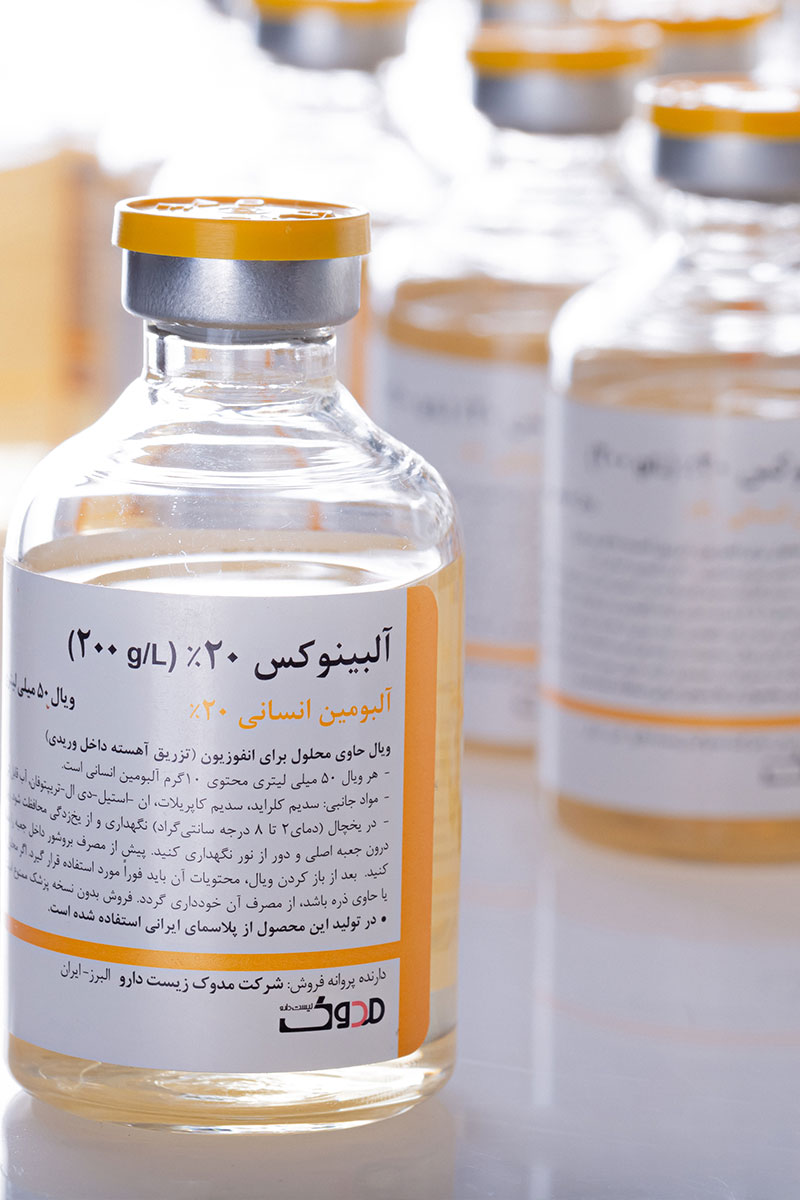Albunix
Human Albumin


What is this drug used for?
- It is used to treat or prevent low blood volume.
- It is used to treat low blood pressure.
- It is used to replace albumin in people with low blood albumin levels.
- It is used to add back fluid after fluid loss.
- It is used to treat shock.
- It may be given to you for other reasons. Talk with the doctor.




What do I need to tell my doctor BEFORE I take this drug?
- If you have an allergy to albumin, blood products, or any other part of this drug.
- If you are allergic to any drugs like this one, any other drugs, foods, or other substances. Tell your doctor about the allergy and what signs you had, like rash; hives; itching; shortness of breath; wheezing; cough; swelling of face, lips, tongue, or throat; or any other signs.
- If you have anemia or a weak heart.
- If you have kidney disease.
- This is not a list of all drugs or health problems that interact with this drug.
- Tell your doctor and pharmacist about all of your drugs (prescription or OTC, natural products, vitamins) and health problems. You must check to make sure that it is safe for you to take this drug with all of your drugs and health problems. Do not start, stop, or change the dose of any drug without checking with your doctor.
What are some things I need to know or do while I take this drug?
- Tell all of your health care providers that you take this drug. This includes your doctors, nurses, pharmacists, and dentists.
- Have blood work checked as you have been told by the doctor. Talk with the doctor.
- Have your urine checked as you have been told by your doctor.
- The doctor will watch blood pressure, heart rate, and oxygen levels closely. Talk with the doctor.
- This drug is made from human plasma (part of the blood) and may have viruses that may cause disease. This drug is screened, tested, and treated to lower the chance that it carries an infection. Talk with the doctor.
- Tell your doctor if you are pregnant or plan on getting pregnant. You will need to talk about the benefits and risks of using this drug while you are pregnant.
- Tell your doctor if you are breast-feeding. You will need to talk about any risks to your baby.
What are some side effects that I need to call my doctor about right away?
- WARNING/CAUTION:Even though it may be rare, some people may have very bad and sometimes deadly side effects when taking a drug. Tell your doctor or get medical help right away if you have any of the following signs or symptoms that may be related to a very bad side effect:
- Signs of an allergic reaction, like rash; hives; itching; red, swollen, blistered, or peeling skin with or without fever; wheezing; tightness in the chest or throat; trouble breathing, swallowing, or talking; unusual hoarseness; or swelling of the mouth, face, lips, tongue, or throat.
- Signs of fluid and electrolyte problems like mood changes, confusion, muscle pain or weakness, a heartbeat that does not feel normal, very bad dizziness or passing out, fast heartbeat, more thirst, seizures, feeling very tired or weak, not hungry, unable to pass urine or change in the amount of urine produced, dry mouth, dry eyes, or very bad upset stomach or throwing up.
- Shortness of breath, a big weight gain, or swelling in the arms or legs.




What are some other side effects of this drug?
- All drugs may cause side effects. However, many people have no side effects or only have minor side effects. Call your doctor or get medical help if you have any side effects that bother you or do not go away.
- These are not all of the side effects that may occur. If you have questions about side effects, call your doctor. Call your doctor for medical advice about side effects.
- You may report side effects to your national health agency.
How is this drug best taken?
- Use this drug as ordered by your doctor. Read all information given to you. Follow all instructions closely.
- It is given as an infusion into a vein over a period of time.
What do I do if I miss a dose?
- Call your doctor to find out what to do.
How do I store and/or throw out this drug?
- If you need to store this drug at home, talk with your doctor, nurse, or pharmacist about how to store it.
General drug facts
- If your symptoms or health problems do not get better or if they become worse, call your doctor.
- Do not share your drugs with others and do not take anyone else's drugs.
- Keep a list of all your drugs (prescription, natural products, vitamins, OTC) with you. Give this list to your doctor.
- Talk with the doctor before starting any new drug, including prescription or OTC, natural products, or vitamins.
- Keep all drugs in a safe place. Keep all drugs out of the reach of children and pets.
- Throw away unused or expired drugs. Do not flush down a toilet or pour down a drain unless you are told to do so. Check with your pharmacist if you have questions about the best way to throw out drugs. There may be drug take-back programs in your area.
- Some drugs may have another patient information leaflet. If you have any questions about this drug, please talk with your doctor, nurse, pharmacist, or other health care provider.
- If you think there has been an overdose, call your poison control center or get medical care right away. Be ready to tell or show what was taken, how much, and when it happened.












No comment